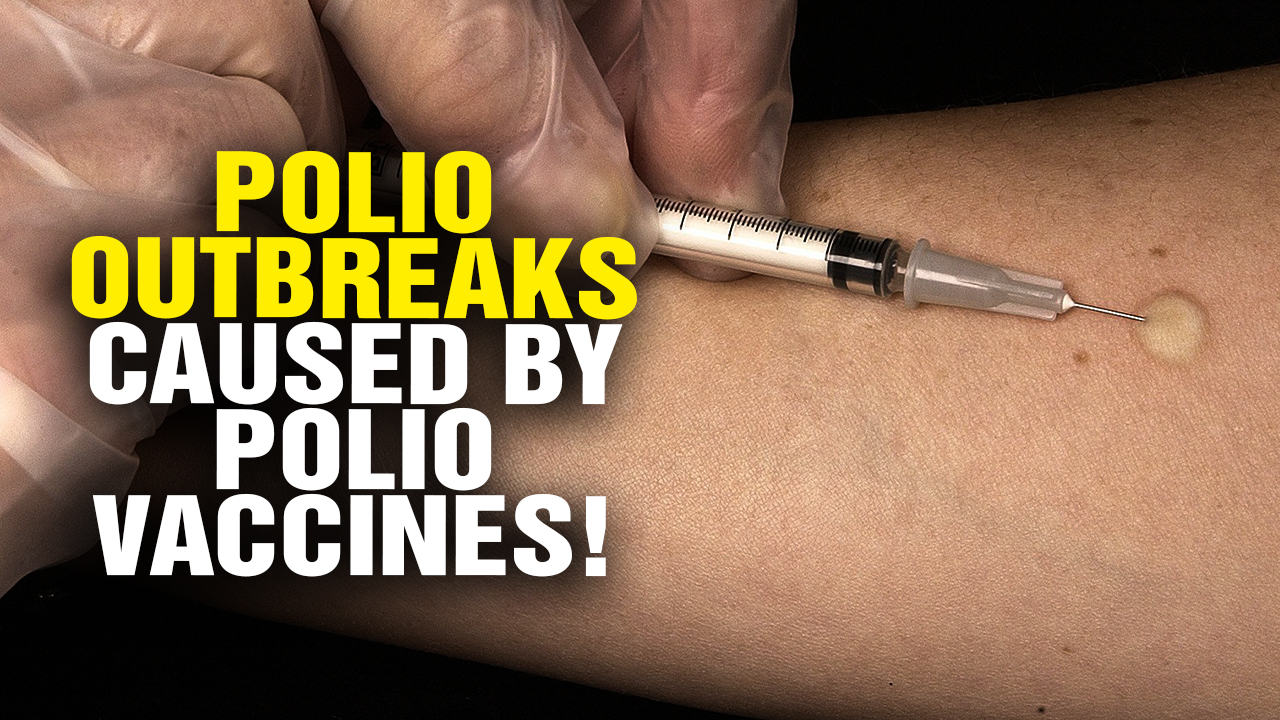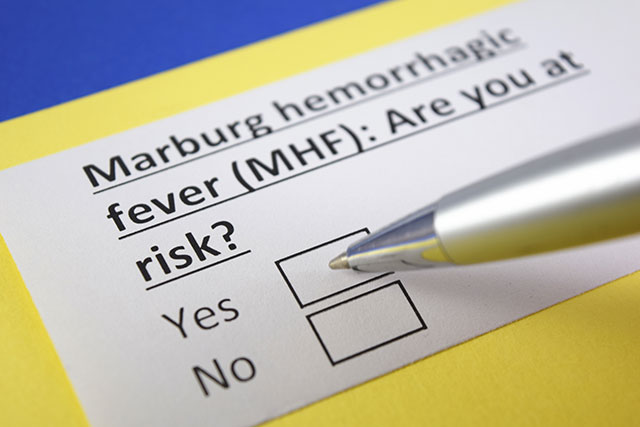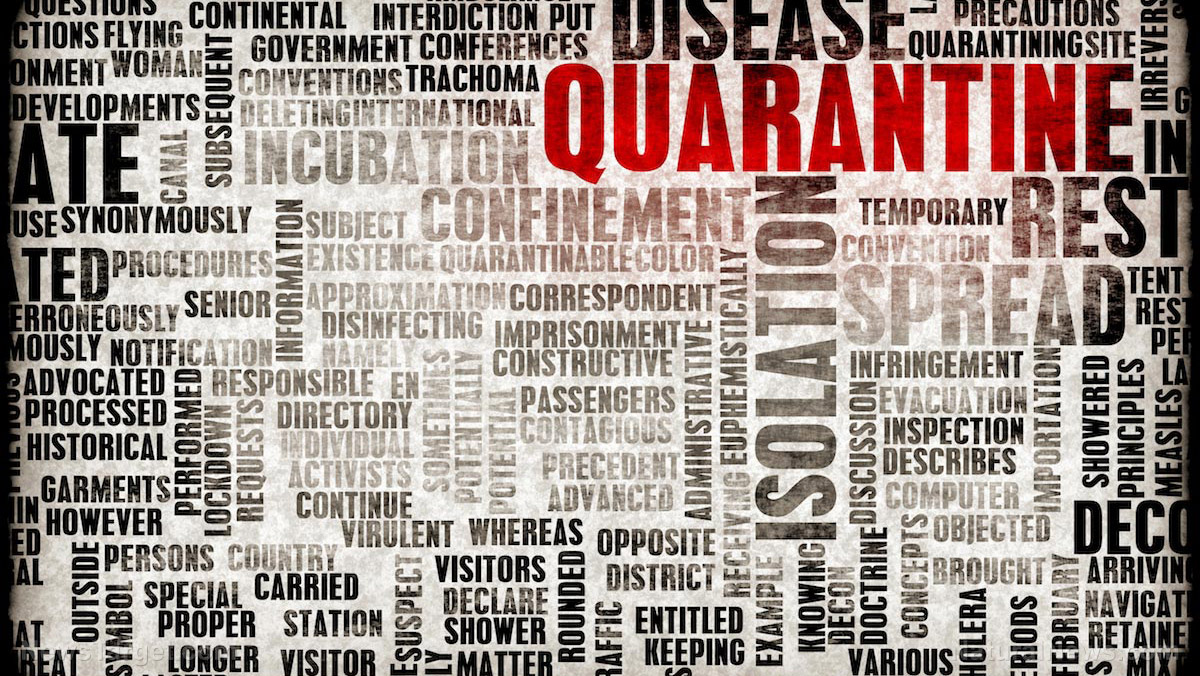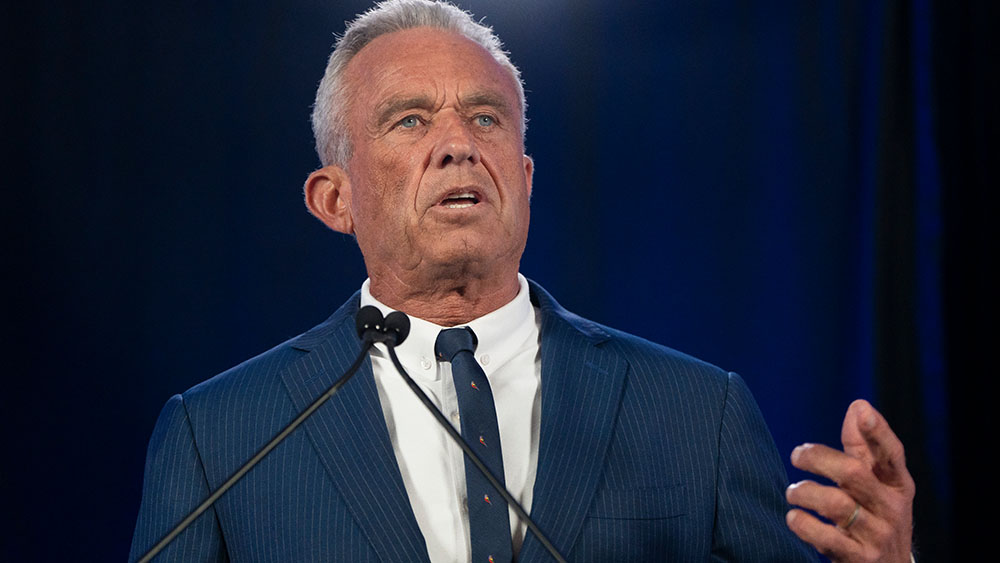Officials confirm first U.S. death linked to bird flu, setting the stage for more FEARMONGERING
01/11/2025 / By Ava Grace
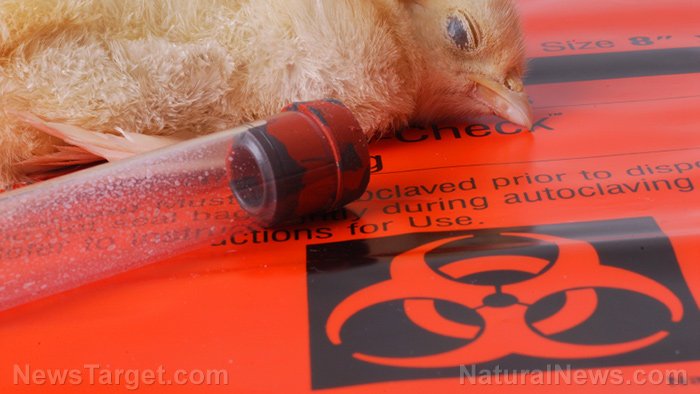
- The first U.S. death linked to the H5N1 bird flu virus occurred in Louisiana, involving an individual over 65 with pre-existing health conditions who was exposed to wild birds and backyard poultry.
- Genetic sequencing revealed the H5N1 virus mutated during the infection, potentially contributing to the severity of the illness. The strain (D1.1) differs from the milder B3.13 genotype affecting U.S. dairy farms.
- Health officials stress that the risk to the general public remains low, but individuals with frequent exposure to birds, poultry or other livestock face higher risks.
- Globally, H5N1 has caused over 950 human infections and 460 deaths since 2003. In the U.S., 66 human cases have been reported since March, mostly mild, with the Louisiana case being the first fatality.
- The outbreak has disrupted poultry and dairy industries, driving up egg prices and prompting emergency measures. Health officials urge vigilance, hygiene and avoiding contact with sick or dead animals, especially for high-risk groups.
The United States has confirmed its first death linked to the H5N1 bird flu virus in Louisiana.
The victim, an individual over the age of 65 with pre-existing health conditions, is believed to have contracted the virus after exposure to wild birds and a backyard poultry flock.
The Louisiana Department of Health confirmed the death but added that the risk to the general public of contracting — let alone dying of — bird flu remains low, even for people with frequent exposure to birds, poultry or other livestock. However, due to the slightly higher risks, the department still recommends vigilance.
According to officials, the patient developed severe respiratory symptoms and tested positive for the H5N1 virus, which has been circulating in wild birds and domestic poultry across all 50 states. Genetic sequencing by the Centers for Disease Control and Prevention (CDC) revealed that the virus had mutated during the course of the infection, potentially contributing to the severity of the illness.
This case is a rare but significant development in the U.S., where bird flu has primarily affected animals. Since March, 66 human cases of H5N1 have been reported nationwide, most of which were mild and involved farmworkers exposed to infected poultry or dairy cows.
None of those cases resulted in hospitalization or death, making the Louisiana fatality an outlier. Globally, however, the H5N1 virus has a far more lethal track record. Since 2003, the World Health Organization has recorded over 950 human infections, with more than 460 deaths.
The strain responsible for the Louisiana death, known as D1.1, is distinct from the B3.13 genotype currently driving outbreaks in U.S. dairy farms.
While the D1.1 strain has been linked to severe illness in a 13-year-old Canadian girl last year, the B3.13 strain has caused mostly mild symptoms in U.S. cases, including conjunctivitis and flu-like symptoms such as cough, fever and vomiting.
Public risk of bird flu remains minimal
Despite the tragic outcome in Louisiana, health authorities stress that the risk to the general public remains minimal. The CDC has found no evidence of sustained human-to-human transmission of H5N1, meaning the virus is not spreading easily between people. Instead, infections are primarily occurring in individuals with direct exposure to infected animals. (Related: Vaccine pusher Dr. Leana Wen urges Biden administration to authorize BIRD FLU vaccine.)
That said, the situation underscores the importance of vigilance, particularly for those who work with birds, poultry or livestock, or who have recreational exposure to wild birds. For the general population, health officials are urging avoiding contact with sick or dead animals and to practice good hygiene when handling birds or livestock.
Symptoms of bird flu can include respiratory issues, fever and conjunctivitis, and anyone who develops these symptoms within 10 days of contact with sick or dead animals should seek medical attention immediately.
The outbreak has already had significant economic consequences. In California, where bird flu has been detected in 701 dairy herds, Gov. Gavin Newsom declared a state of emergency to curb the spread of the virus.
The disease has also disrupted egg production, driving prices to record highs in some areas. Californians, for example, are paying 70 percent more for eggs than they were before the outbreak.
Visit Plague.info for more on bird flu infections in the United States.
Watch this Fox News report discussing the first severe and deadly bird flu case in the United States.
This video is from the channel The Prisoner on Brighteon.com.
More related stories:
BIRD FLU HYSTERIA: A government psyop to reinstate pandemic measures.
Deborah Birx sparks controversy with new bird flu warnings.
Sources include:
Submit a correction >>
Tagged Under:
avian influenza, big government, bird flu, CDC, Centers for Disease Control and Prevention, chaos, death, infections, infectious diseases, influenza, Louisiana, outbreak, pandemic, Plague
This article may contain statements that reflect the opinion of the author
RECENT NEWS & ARTICLES
COPYRIGHT © 2017 CDC NEWS


